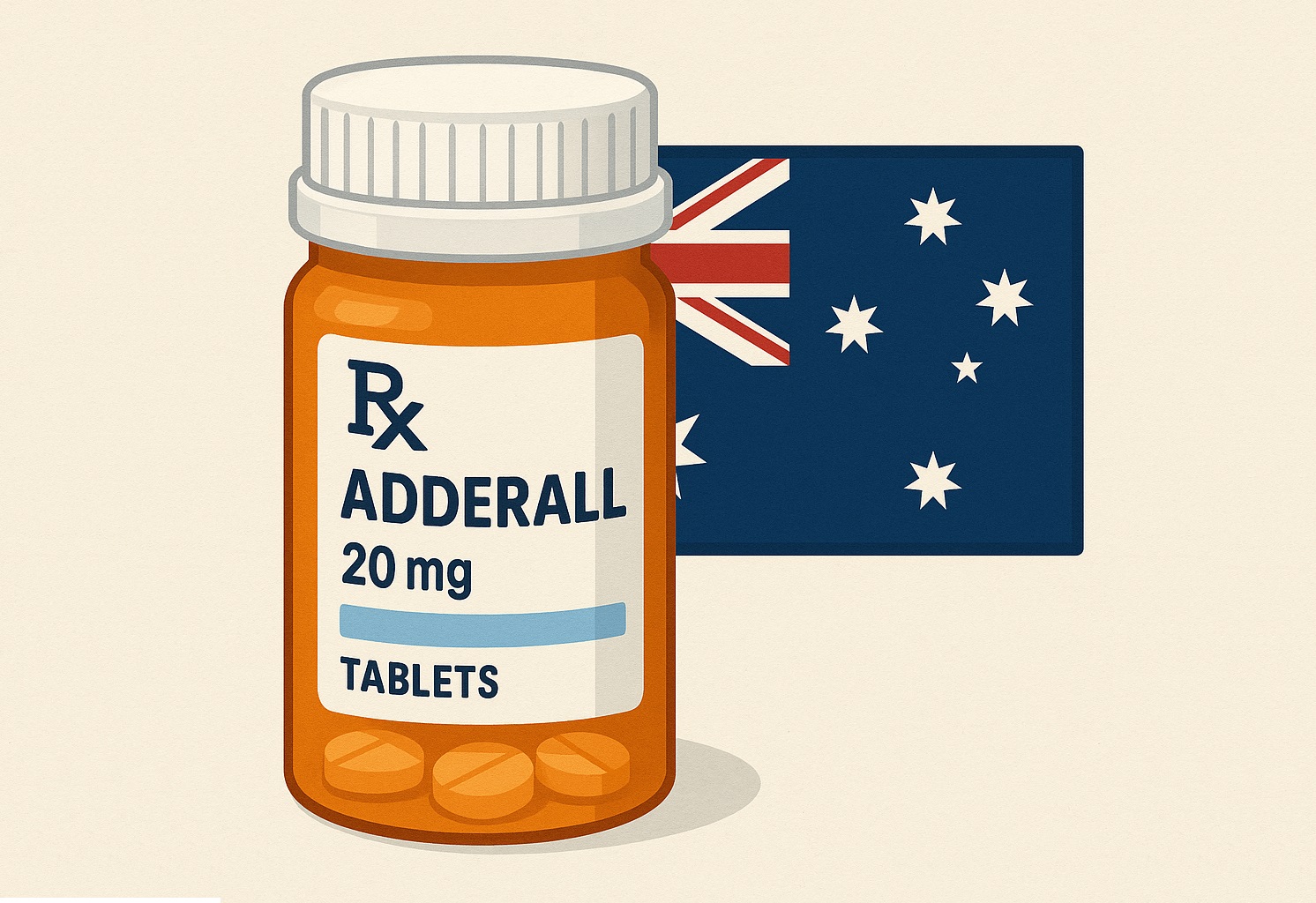Pitolisant, marketed under the brand name Wakix, is a wakefulness-promoting agent primarily used to treat narcolepsy and excessive daytime sleepiness (EDS). With a unique mechanism as a histamine H3-receptor inverse agonist, Pitolisant distinguishes itself from classical stimulants and dopamine-targeting drugs like modafinil or methylphenidate. But while it’s approved and used in many Western countries, legal and regulatory status of Pitolisant in Japan remains a complex issue. This article explores whether Pitolisant is legal in Japan, its import policies, and what this means for patients and clinicians.
Is Pitolisant Legal in Japan?
Currently Not Approved for Use in Japan
As of mid-2025, Pitolisant is not approved by Japan’s Pharmaceuticals and Medical Devices Agency (PMDA), the body responsible for regulating pharmaceuticals. This means:
- Pitolisant is not available through domestic pharmacies
- Doctors in Japan cannot prescribe it under standard medical coverage
- It is not listed in the National Health Insurance (NHI) drug reimbursement list
However, this does not make it an illegal substance. Rather, it is classified as an unapproved drug, and access is tightly controlled under Japan’s import and off-label use policies.
Can You Import Pitolisant into Japan?
Personal Importation Is Allowed – With Restrictions
Under Japan’s Ministry of Health, Labour and Welfare (MHLW) guidelines, individuals are permitted to import up to a one-month supply of unapproved medications like Pitolisant for personal use, provided:
- It is not a controlled or narcotic substance
- The individual has a legitimate medical reason
- A doctor’s note or prescription (translated if necessary) is submitted
- The importer follows “yakkan shoumei” procedures (import certificate application)
Importing more than one month’s supply, or selling/distributing it, is strictly prohibited and may lead to confiscation or legal consequences.
Approved Medical Alternatives of Pitolisant in Japan
1. Methylphenidate (Ritalin/Concerta)
Overview:
- Methylphenidate is a central nervous system stimulant used to treat narcolepsy and ADHD.
- It works by increasing dopamine and norepinephrine levels in the brain.
Access & Regulation:
- Available under strict medical supervision
- Prescribed mainly by specialists in neurology or psychiatry
- Classified as a controlled substance under Japan’s Stimulants Control Act
Pros:
- Proven efficacy in managing daytime sleepiness
- Covered by Japan’s National Health Insurance (NHI)
Cons:
- Risk of dependence and side effects (e.g., insomnia, appetite suppression)
- Not suitable for patients needing a non-stimulant alternative like Pitolisant
2. Modafinil (Not Approved, Highly Restricted)
Status:
- Modafinil is not approved for general use in Japan, however there are many otc modafinil vendors in Japan.
- Special permission is required for use under medical supervision or import
3. Clomipramine (Anafranil)
Use Case:
- Though primarily an antidepressant, clomipramine is sometimes prescribed off-label for cataplexy in narcolepsy.
Pros:
- Available legally and used under specialist supervision
- Can help manage REM-related symptoms such as sleep paralysis or hallucinations
Cons:
- Does not treat daytime sleepiness directly
- Associated with side effects like drowsiness or cardiac effects
4. Selegiline (Eldepryl)
Mechanism:
- A MAO-B inhibitor, selegiline is occasionally used to manage narcolepsy symptoms due to its mild stimulant-like properties.
Pros:
- Approved in Japan, mainly for Parkinson’s disease
- May be used off-label by specialists
Cons:
- Not as potent or targeted as Pitolisant or modern eugeroics
International Status of Pitolisant vs. Japan
| Country | Legal Status | Notes |
|---|---|---|
| USA | Approved (FDA, 2019) | Prescription-only, Schedule V |
| EU | Approved (EMA, 2016) | Rx for narcolepsy |
| UK | Approved, prescription-only | Not a controlled drug |
| Japan | Not approved | Import possible for personal use |
Controlled Substance Status
Pitolisant is not classified as a narcotic or stimulant under Japanese law, such as:
- The Stimulants Control Act
- The Narcotics and Psychotropics Control Act
This makes its legal standing more flexible than drugs like amphetamines or modafinil (which is also not officially approved in Japan but has been tightly controlled).
